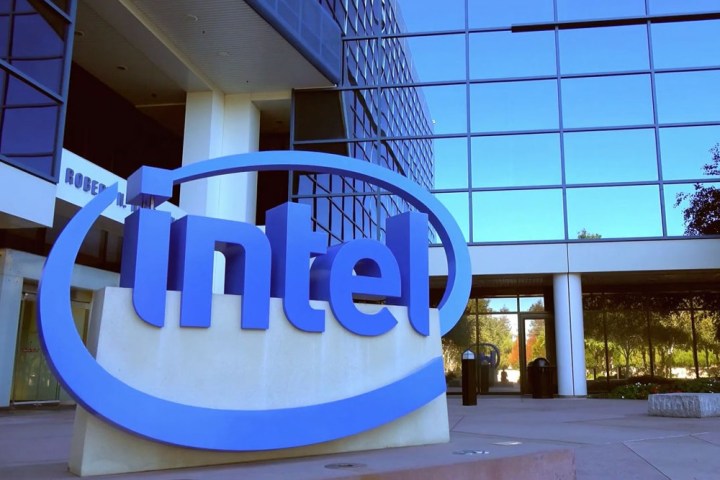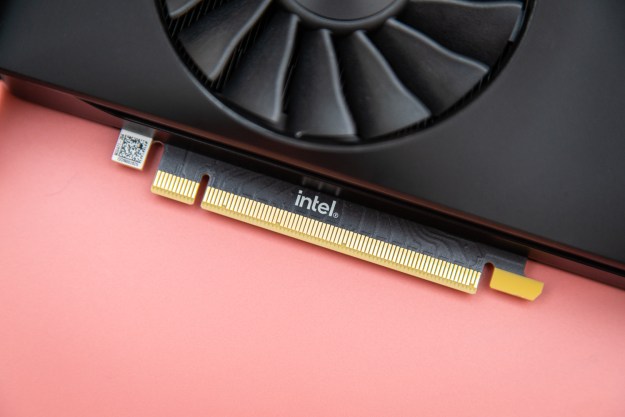
This represents a significant diversion from other groups looking to further the current state of quantum computing. At present, the superconducting qubits process seems to be the frontrunner in terms of popularity, while an implementation based around trapped ions has also demonstrated promising results.
Quantum computing diverges from traditional computing because qubits aren’t confined to the “on” and “off” states that restrict a standard bit. Intel’s silicon qubits would be able to represent data via electrons trapped inside modified versions of the transistors used in the company’s commercial chips, according to a report from Technology Review.
Intel hopes that its silicon qubits will be more reliable than the superconducting qubits being utilized elsewhere. Moreover, the fact that the company is applying its silicon qubits to standard chip wafers should help accelerate the research and development process.
Intel’s advantage over its competitors — assuming that its silicon qubits can stand up to the competition — is that the company is already very familiar with the process of manufacturing chips on an industrial scale. “The hope is that if we make the best transistors, then with a few material and design changes we can make the best qubits,” said its director of quantum hardware, Jim Clarke.
We’ll see how Intel’s project progresses compared to the many other groups currently working on quantum computing hardware. At present, the company is pursuing its silicon-based implementation, but it’s keeping its options open — research into superconducting qubits is also being conducted in-house.
Editors' Recommendations
- Intel is oddly enthusiastic about AI replacing everyone’s jobs
- Intel’s new CPU feature boosted my performance by 26% — but it still needs work
- Nice try, Intel, but AMD 3D V-Cache chips still win
- Reviewers agree: Intel’s latest chip is truly ridiculous
- A major era in Intel chip technology may be coming to an end


